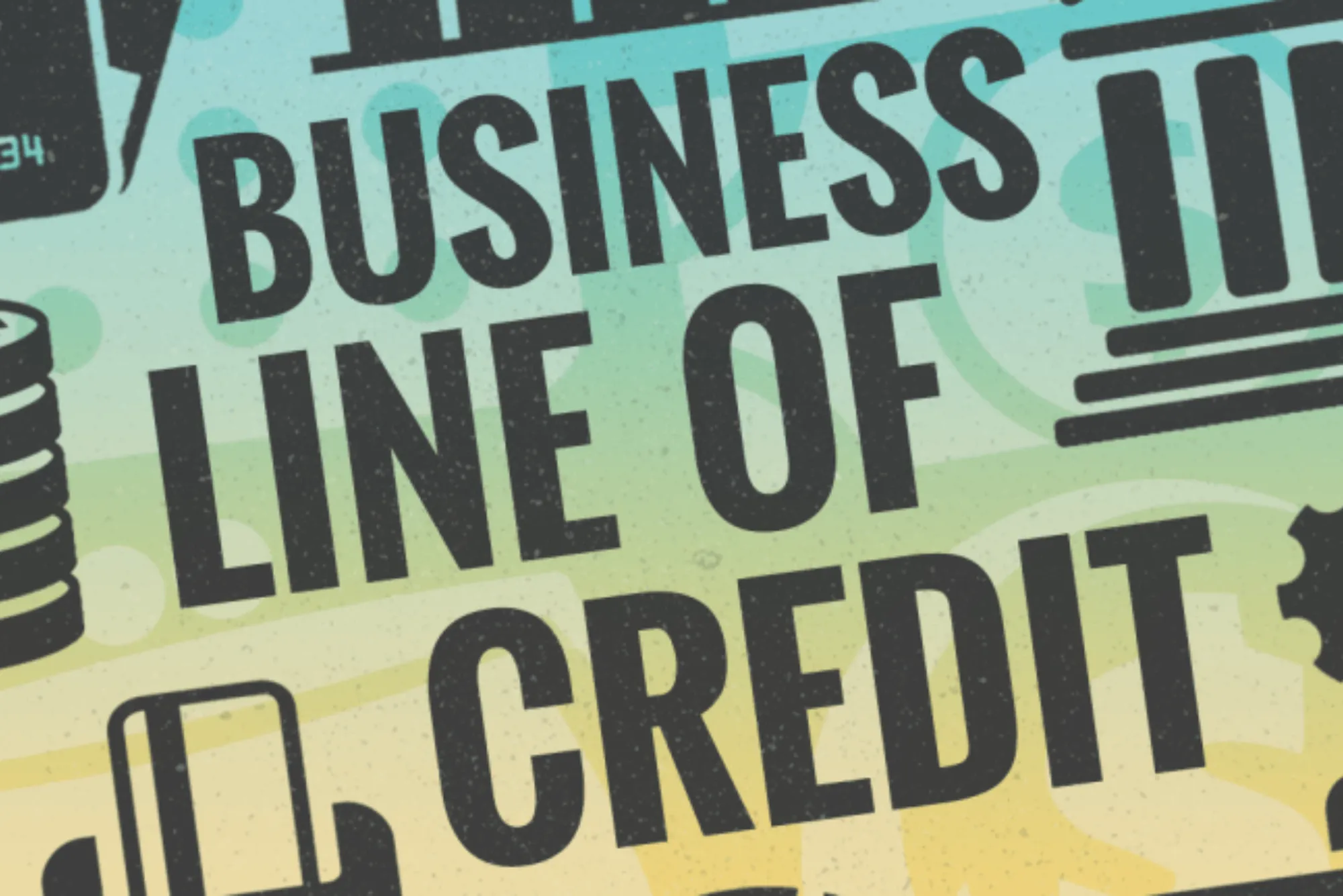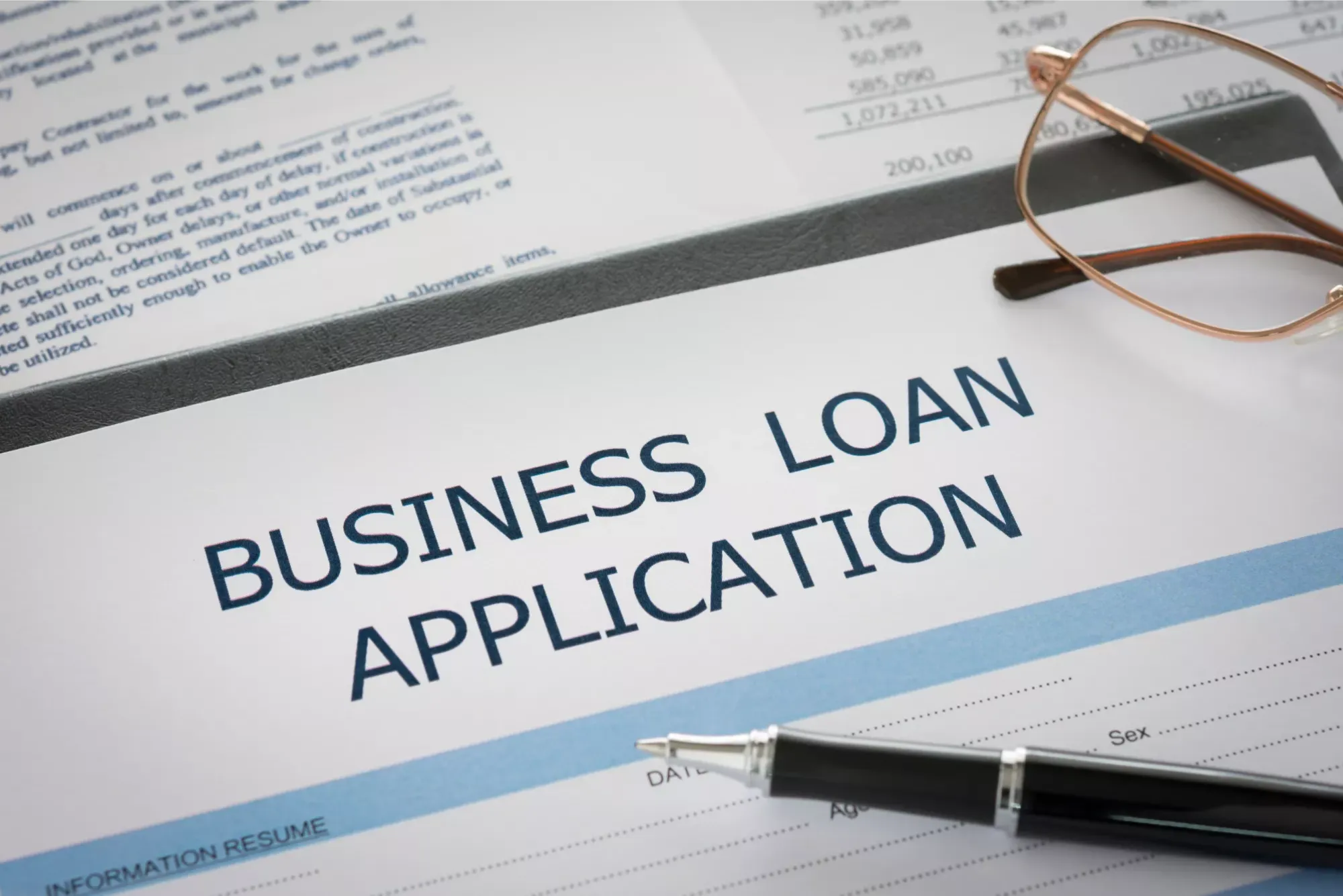What is a Business Loan?
A business loan is a form of financing specifically designed to help companies cover operational costs, expand their business, or invest in new opportunities. For small businesses, loans are a vital tool that enables growth, stability, and the ability to compete in the market.
Small business loans offer multiple benefits:
- Access to working capital
- Flexibility to scale operations
- Ability to invest in equipment and infrastructure
Types of Business Loans
There are various loan options available to cater to the different needs of small businesses. Below are the most common types:
SBA Loans
Small Business Administration (SBA) loans are backed by the government and offer favorable interest rates and longer repayment terms. They are ideal for businesses that need significant capital but may not qualify for traditional bank loans.
Term Loans
A term loan is a lump sum of money paid back over a fixed period with interest. It’s best for businesses looking to finance long-term investments such as equipment, property, or business expansion.
Business Line of Credit

A business line of credit provides flexible access to funds, which can be borrowed as needed and repaid over time. This type of loan is excellent for managing cash flow and dealing with unexpected expenses.
Equipment Financing
This loan is specifically for purchasing equipment necessary for your business operations. Equipment loans allow businesses to spread the cost of expensive assets over several years while using the equipment.
Invoice Financing
Invoice financing allows businesses to borrow against unpaid invoices. It’s a quick way to access working capital when you are waiting for payments from clients.
How to Qualify for a Small Business Loan

Qualifying for a small business loan involves meeting several criteria that lenders evaluate before approving an application. Here’s what you’ll need:
Eligibility Requirements
- Credit score: Most lenders require a minimum credit score (usually around 650 or higher).
- Revenue history: A consistent track record of revenue generation is crucial.
- Business plan: Lenders often want to see a comprehensive business plan that outlines how the loan will be used.
Documents Required
When applying for a loan, you must provide the following documents:
- Financial statements
- Tax returns
- Bank statements
Loan Amounts & Repayment Terms
The loan amount you can qualify for and the repayment terms depend on your business size, revenue, and purpose of the loan. Some loans offer shorter terms (1-5 years), while others like SBA loans may offer longer terms (up to 25 years).
How to Apply for a Small Business Loan
Applying for a small business loan may seem daunting, but following these steps can simplify the process:
- Prepare your application: Gather all necessary documents like tax returns, financial statements, and a detailed business plan.
- Submit your application: Whether online or in-person, provide all requested information, including any lender-specific forms.
- Loan approval process: Once submitted, the lender will review your credit history, revenue, and business information before making a decision.
Tips for Improving Your Loan Application
- Strengthen your business plan: A solid business plan increases your chances of loan approval.
- Improve your credit score: If your credit score is low, take time to improve it before applying.
Common Mistakes to Avoid
- Applying for loans with inaccurate financial statements or incomplete documentation.
- Taking on more debt than the business can realistically repay.
Loan Comparison Table
Below is a comparison of different types of small business loans to help you choose the best option for your needs:
| Loan Type | Purpose | Loan Term | Interest Rates | Eligibility |
|---|---|---|---|---|
| SBA Loans | Large capital needs | Up to 25 years | Low, government-backed | Good credit, strong business plan |
| Term Loans | Long-term investments | 1-5 years | Fixed | Varies based on lender |
| Business Line of Credit | Flexible cash flow management | Ongoing | Variable | Minimum credit score, revenue history |
| Equipment Financing | Purchasing new equipment | 1-7 years | Moderate to high | Equipment as collateral |
| Invoice Financing | Borrow against unpaid invoices | Until invoice is paid | Moderate | Unpaid invoices |
FAQs about Business Loans
What is the best loan for a startup?
For startups, SBA loans or business lines of credit are often the best options because they offer flexibility and more favorable terms for young businesses.
How can I improve my chances of loan approval?
Improving your credit score, preparing a solid business plan, and ensuring that your financial statements are in order can significantly boost your chances of loan approval.
What is a typical interest rate for small business loans?
Interest rates can vary widely, but typically range from 5% to 25%, depending on the type of loan, the lender, and your business’s financial health.
What’s the difference between a term loan and a line of credit?
A term loan provides a lump sum that must be repaid over a fixed term, while a line of credit allows you to borrow money as needed and repay it on a revolving basis.
Can I use a business loan for personal expenses?
No, business loans are specifically intended for business-related expenses and should not be used for personal spending.
Small business loans offer a wide range of options depending on your needs. Whether you’re looking to finance new equipment, manage cash flow, or expand your operations, understanding the different loan types and how to qualify will help you make an informed decision



